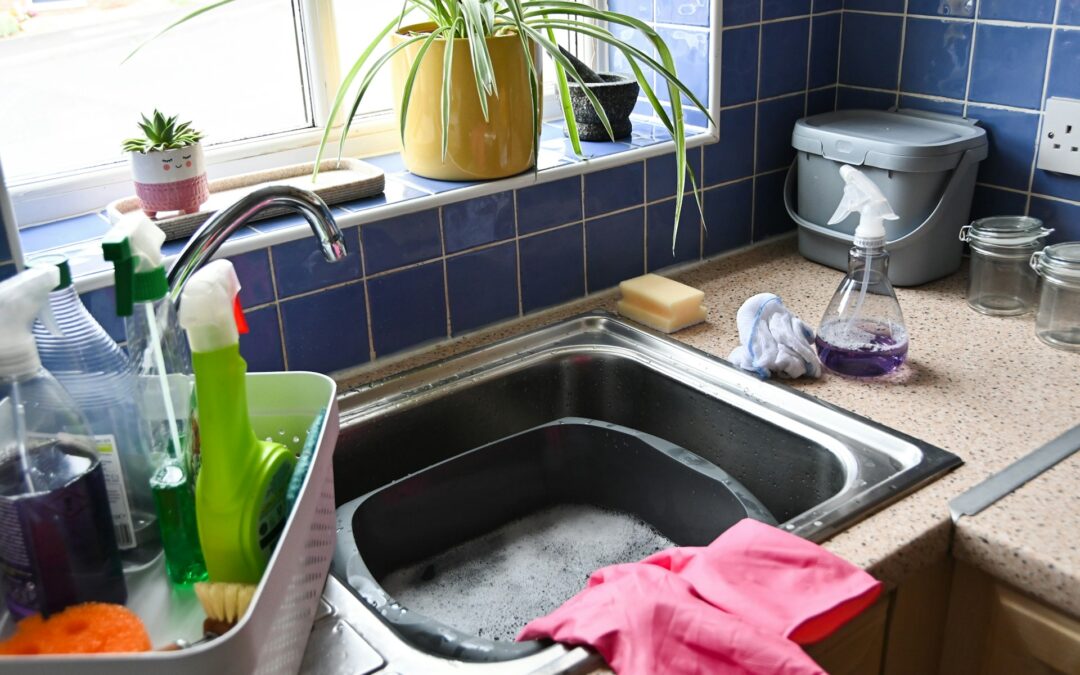Keeping your home’s drain system clean is like making sure your car runs smoothly. It’s something we don’t always think about until there’s trouble, like a backed-up sink or a slow-draining shower, but regular attention can prevent these issues. In Ottawa, where residential plumbing often faces unique challenges due to weather changes, it’s especially important to be proactive. A clean drain system helps avoid unwanted water in your home and ensures everything flows the way it should.
Drains get clogged for a variety of reasons. Sometimes it’s as simple as the soap scum building up over time. Other times, it’s things like food particles or hair slipping down the drain. In Ottawa homes, seasonal changes can also make these problems worse by affecting how materials expand and contract. Understanding why these clogs happen is the first step in tackling them effectively. With a little care and attention, you can keep your plumbing system in top shape and avoid the mess and frustration of a clogged drain.
Identifying the Cause of Clogs
Before jumping into solutions, it’s key to identify why clogs happen in your home. Determining the cause allows you to choose the best way to deal with it. Many household items are guilty of causing clogs. Hair, soap scum, and food scraps are the usual suspects. In the kitchen, grease can sneak down the drain and cool into a solid that sticks to pipe walls, narrowing the flow. In the bathroom, unwanted things like hair, toothpaste, and even small bits of paper can create a blockage. Recognizing these culprits helps in deciding the best course of action.
Knowing whether a clog is minor or a more serious problem can guide your approach. Minor clogs often involve slow draining, which you might notice in a single sink or shower. These are usually easy to address with simple methods. On the other hand, major clogs can cause water to back up in multiple drains across your home, indicating more serious issues like a blockage in the main sewer line. Understanding the difference not only helps you target your efforts more effectively but also informs you when it might be time to call in professional help. Differentiating between the two ensures that you apply the right fix and save yourself the hassle of further complications.
Natural Remedies to Try First
When a clog does happen, reaching for a chemical solution might seem like the quickest fix. However, there are several natural remedies that can be just as effective without risking harm to your pipes. First, start with hot water. It’s simple but effective for breaking down soap scum and small greasy build-ups. Pour boiling water down the drain slowly, and repeat a couple of times if needed.
Another handy solution involves using baking soda and vinegar. Just sprinkle about half a cup of baking soda directly into the drain, followed by a cup of vinegar. This combination creates a chemical reaction that can help loosen minor blockages. Wait about 15 minutes, then flush with hot water to clear the drain.
Don’t underestimate the power of a plunger for tougher clogs. Using a plunger effectively comes down to creating a tight seal and using a steady, rhythmic push-and-pull motion. This can help dislodge tougher clogs by using pressure and suction to move the blockage. Keeping these gentle methods in mind can resolve many clogs while being kind to your plumbing and the environment.
The Importance of Regular Maintenance
Staying on top of regular drain maintenance can save you from future headaches. By making a few simple habits part of your routine, you can keep clogs at bay and your drains running freely. This doesn’t mean altering your entire lifestyle but rather incorporating a few small steps into your home care routine.
Here are a few easy tips for ongoing upkeep:
– Use a drain screen: Catch hair and debris before they go down the sink or shower.
– Regular flushing: Once a week, pour hot water down your drains to help clear out buildup.
– Mind what goes down the drain: Dispose of cooking grease in the trash, and avoid flushing large or fibrous food scraps.
– Clean stoppers and traps: A monthly clean-up of stoppers in sinks can remove gunk before it hardens into a clog.
When you’re proactive about maintenance, you can avoid those unexpected clogs that require emergency attention. Setting reminders on a calendar can help make these tasks seem less daunting and more habitual.
When to Call the Professionals
Sometimes, a clogged drain is a sign of something more serious. While many solutions can be handled on your own, there are times when it’s necessary to bring in the experts. Persistent clogs that don’t respond to simple measures, strange gurgling noises, or multiple slow-draining fixtures might signal larger plumbing issues. These could point to a blockage deep within the pipes or even structural problems with your plumbing system.
Understanding when to seek professional help can prevent an inconvenient issue from escalating into costly repairs. Experts have the tools and experience to quickly diagnose and resolve stubborn problems, ensuring your home’s plumbing is efficient and reliable.
Get the Right Help for a Smooth-Running Home
Taking care of your home’s plumbing doesn’t have to be overwhelming. By incorporating simple maintenance routines and recognizing when professional intervention is needed, you can maintain a well-running system that minimizes stress and inconvenience. Regular attention is the key to avoiding unexpected backups and ensuring everything flows smoothly, helping you enjoy more peace of mind and less disruption.
Need help with persistent plumbing issues in your Ottawa home? Trust the experienced team at Pipes Plumbing. For reliable solutions and expert guidance, explore our services to maintain a seamless experience in your daily life. Learn more about residential plumbing in Ottawa to keep your drains and fixtures in top condition.

